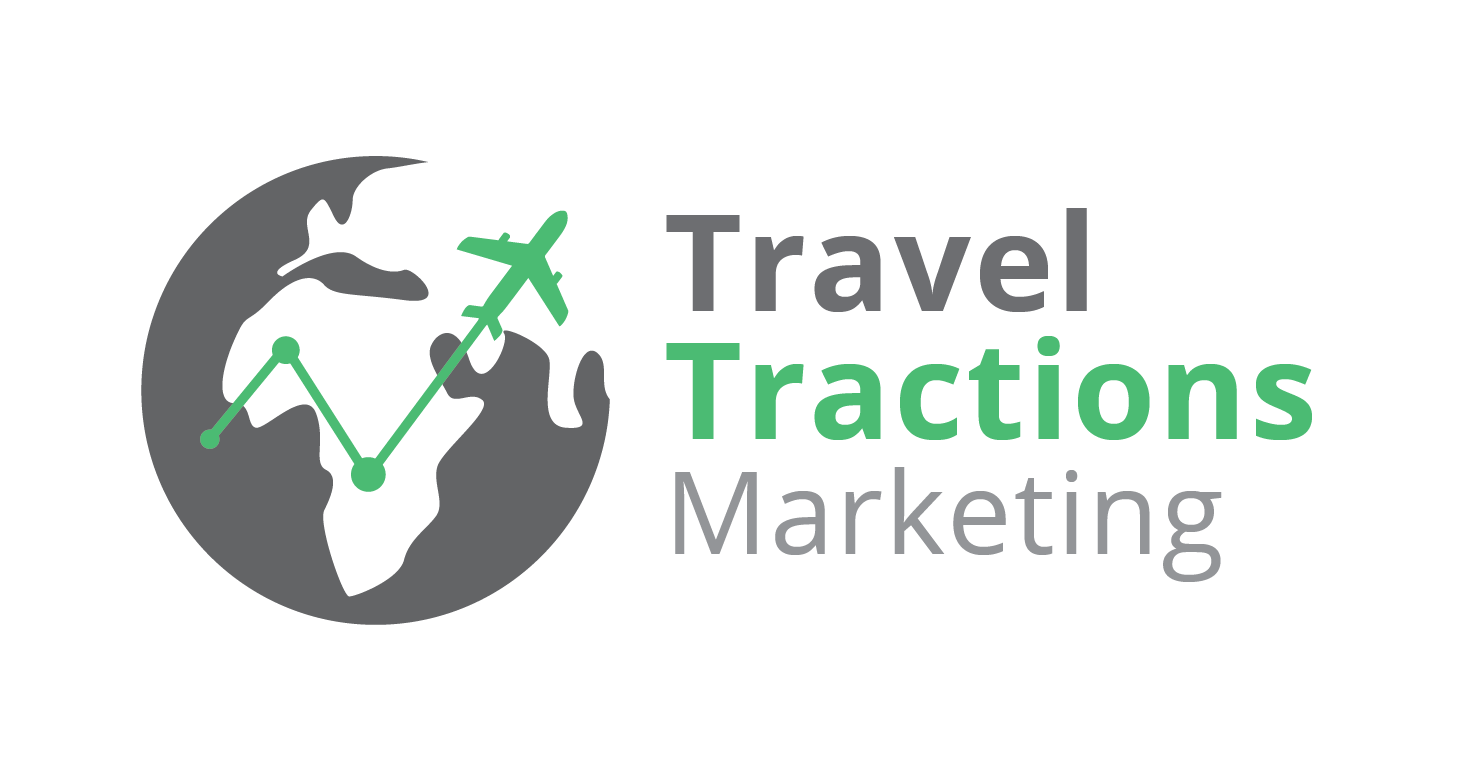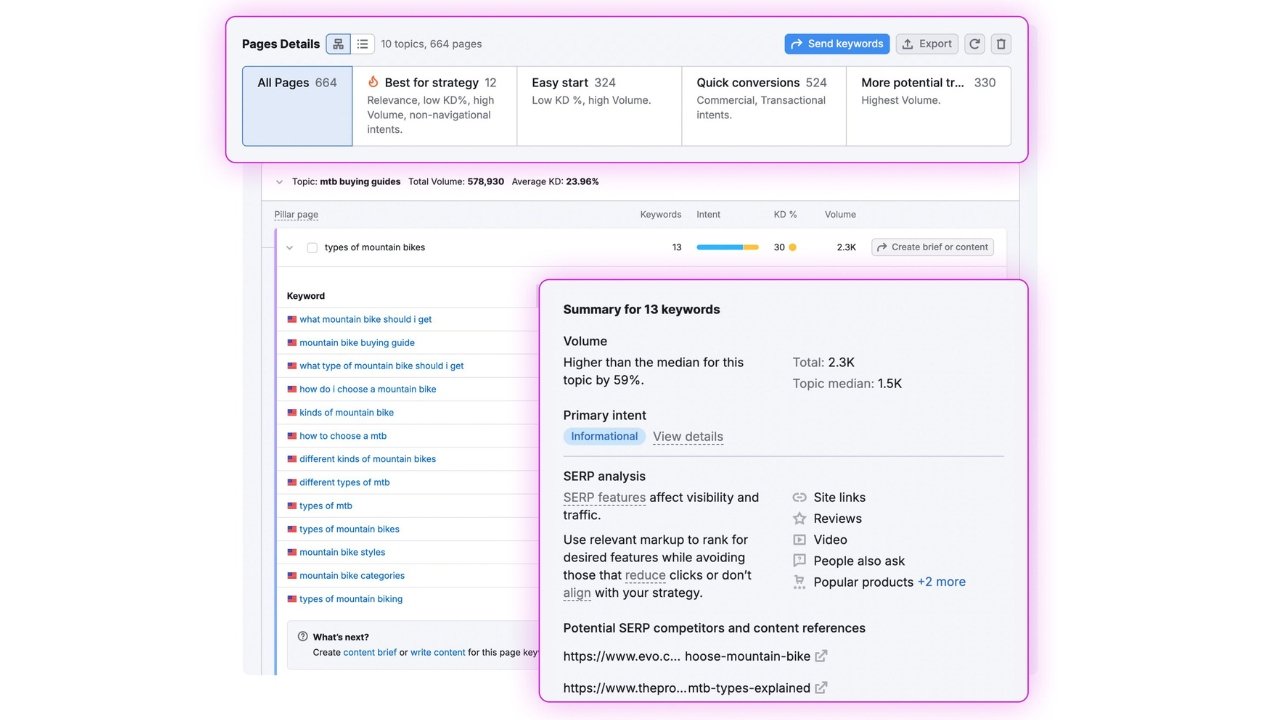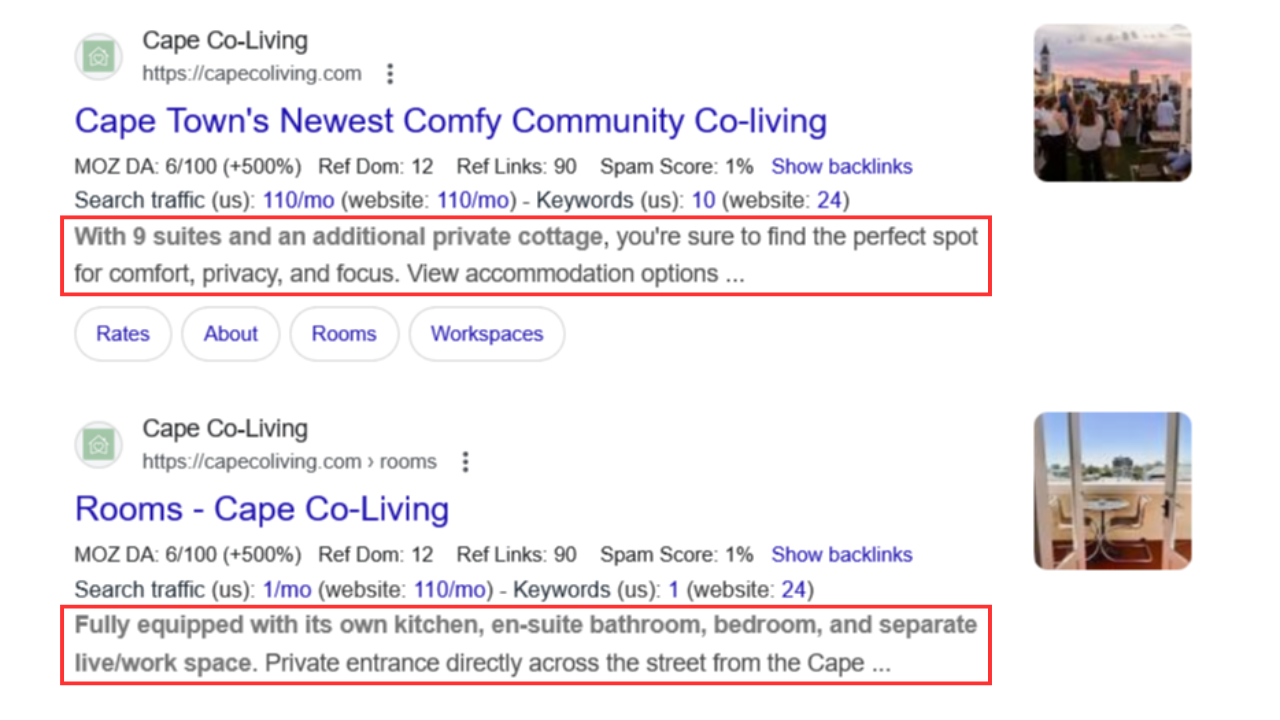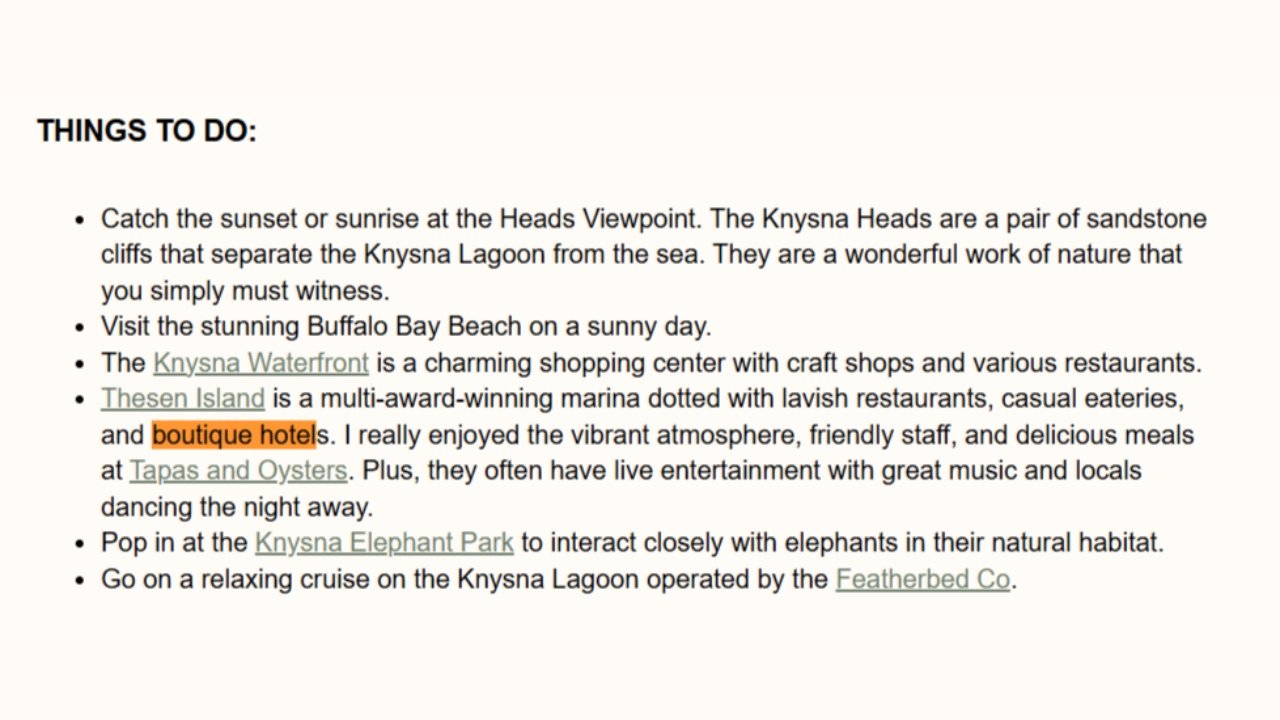
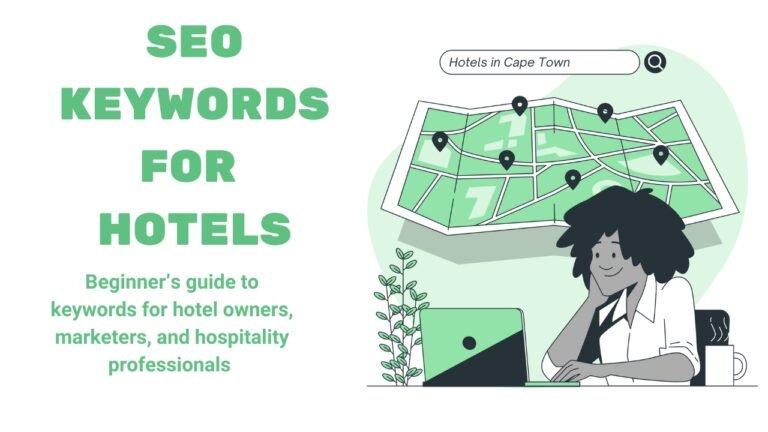
How to Find SEO Keywords for Hotels to Boost Direct Bookings
Nowadays, travellers turn to search engines before every trip, and search engine optimisation (SEO) is how you get ahead of the competition. When it comes to online visibility, using the right SEO keywords for hotels is crucial. They shape how your property appears in search results and catch the attention of potential guests searching for their next holiday accommodation.
With an expert strategy, hotel owners, marketers, and hospitality professionals can not only drive organic traffic to their business but also reach travellers who are ready to book. Increase direct bookings and reduce your dependency on Online Travel Agencies (OTAs) with these tested strategies below.
What Are SEO Keywords for Hotels?
Keywords are any phrases or terms people use to search for things on search engines. This means hotel keywords are terms related to accommodations such as ‘villas’, ‘resorts’, ‘vacation rentals’, ‘airbnbs’, ‘colivings’, and ‘hotels’. These differ from generic travel terms, as they are only associated with accommodations, as opposed to activities, tours, or excursions.
The most effective way to maximise the benefits of your SEO efforts is to conduct thorough keyword research. This helps you identify which keywords are best suited for your guests’ search intent and which keywords your target audience is searching for.
How to Do Hotel SEO Keyword Research
So, you’re a hotel owner, marketer, or hospitality professional and need some ideas on which keywords to add to your hotel SEO strategy? Here is a step-by-step guide on how you can approach your search engine marketing.
Step 1: Start with Location and Intent Combinations
You can optimise your content for Local SEO by targeting location keywords with specific intents, such as ‘boutique hotels in Rome’ or ‘family-friendly resorts in Bali’. This will help put you in front of people searching for hotels in specific cities.
Step 2: Analyse Competitors’ Keywords
Use Google Search Console, keyword research tools, and search engine results pages (SERPs) to see what your competitors are ranking for. This way, you can identify keyword gaps in your SEO strategy and gain organic traffic more easily.
Step 3: Use Keyword Research Tools
There are many free keyword research tools you can use, such as Google Keyword Planner, Ubersuggest, and Google Trends. However, if you’re willing to spend and would like to see more detailed analytics, consider opting for paid services like Ahrefs and SEMrush instead.
Step 4: Look for Long-Tail Keywords with Booking-Intent
Now that you know competitor keyword gaps, you have an idea of how to search for location and intent combinations, it’s finally time to find your keywords. To find relevant keywords for your hotel website, look for phrases that match search intent, have high search volume, and ideally low keyword difficulty. This will help you drive traffic more easily in the beginning.
Types of Keywords Hotels Should Target
Using relevant content will help search engines and your readers understand your content. This helps increase your chances of being seen as an authority and expert in your niche, but if no one sees it, it’s all for nought.
Part of on-page SEO is targeting the right keywords to attract more organic traffic or potential guests to your page, thereby increasing your chances of receiving bookings. But, which keywords should you target?
Location-Based Keywords
Keywords targeting a specific location fall in the category of local SEO, where you target regional search results. These keywords target geographic entries related to places such as cities, towns, neighbourhoods, or even countries.
Some keyword examples include:
- Hotels near me
- Resorts in Paris
- Villas in Green Point, Cape Town
Amenity-Driven Keywords
Sometimes, potential guests search for hotels based on amenities. They may be a digital nomad who needs a workspace or a tourist wanting to be close to specific sites. So, finding popular keywords that relate to these can help you get seen by a smaller, more focused group of people searching for exactly what you can offer.
Potential keywords include:
- Hotels in London with dedicated workspaces
- Hotel near Eiffel Tower
- Hotels in Bern with heated pool
Audience-Specific Keywords
SEO keywords targeting specific guests are also a good way to increase traffic to your website. These are keywords that identify different traveller types and are not solely focused on locations or amenities.
Potential keywords include:
- Business hotels in New York
- Pet-friendly hotels in Cape Town
- Hotels for a romantic getaway
Seasonal or Event Keywords
Many people travel for certain occasions, festivals, or simply to enjoy season-specific events such as the blooming of Cherry Blossoms.
Potential keywords include:
- Hotels for Oktoberfest Munich
- Hotels near KKNK festival
- Namaqualand flowers accommodation
Where to Use Your Keywords
Identifying top keywords for your hotel is only half of the work. You also need to know where to use them to get the most out of your strategies.
Meta Titles
Meta titles, also known as title tags, inform search engines and users about the content on the page. These are different from page headings and aren’t visible on the webpages, but rather in browser tabs and search engine results pages.
The best place to add keywords is near the beginning, to inform search engines as soon as possible about the content your webpage contains. Try to keep meta titles short and under 60 characters so it doesn’t get truncated on SERPs.
Meta Descriptions
Similar to meta titles, meta descriptions do not appear on web pages. These are typically seen on SERPs and are used to inform and entice readers about what information they’ll see after clicking on your link.
When writing meta descriptions, keep them brief, informative, and concise, ideally within 160 characters. Try to add your main keyword as early as possible, and try to add a call to action (CTA) urging readers to click on your link above the competition’s.
Image of examples of meta descriptions
Headings (H1, H2s)
Headings guide your page or posts and tell the reader (and search engines) what each section will discuss. These headings follow a hierarchical order, from most important to least important, progressing from H1 to H5.
So, add your targeted keyword in the H1 to signal that this is the most important in terms of hierarchy. Secondary keywords and modifiers should be reserved for H2s to H5s.
Body Content on Landing Pages and Blogs
The body text is where most information will go on your webpages, so it gives you ample opportunity to incorporate keywords. Try to include keywords naturally, without stuffing them, as this could lead to penalisation by Google.
Image of examples of keywords within content
Image Alt Text
Alt text is the words added to a loaded image that describe its content. This is to increase accessibility for visually impaired humans and search engines crawling your pages. When an image fails to load on your webpage for some reason, the copy will also help readers gain better context as to what the picture would have portrayed.
You can add keywords in alt text, but do so sparingly. Adding keywords here unnecessarily could count as keyword stuffing. Keep alt text brief and descriptive, and try to incorporate keywords as naturally as possible.
URLs
Page URLs are very important for SEO. It should include the targeted keyword to help search engines understand the content of your page. Keep it clean and concise by separating words with hyphens. It should be 60 characters or fewer in length. To keep it brief, consider removing stopwords (e.g., “at”, “in”, “the”, “and”, “a”).
Schema Markup
Adding schema markup for hotels could be that extra push that helps your target audience pick you over competitors. This HTML code helps you highlight key information from star ratings to amenities, price ranges, check-in times, and more.
Include keywords in directly relevant fields where they fit naturally, such as the ‘description’ and ‘amenity feature’. This ensures search engines can display your unique offerings and, in turn, boost keyword visibility.
Image of examples of keywords within schema markup
Best Practices for Hotel Keyword Usage
To maximise your hotel’s online reach, it’s essential to use keywords strategically and thoughtfully. Implementing best practices for hotel keyword usage ensures your property attracts the right audience and improves search engine rankings.
Avoid Keyword Stuffing
Using the right keywords is crucial, but avoid anything with a keyword density of over 1-2%.
Instead, focus on natural and strategic placement for long-tail keywords in headings, alt text, metadata, and in the body of the page.
Optimise for Mobile and Local Search
Optimising your keywords for mobile and local SEO ensures your content gets in front of your targeted audience. Mobile users often search with shorter, more direct keywords without too many stopwords, while people searching locally use longtail keywords that include ‘near me’.
Adding these types of keywords alongside other higher search volume keywords means you can target a more precise target audience.
Update Keywords Regularly
One part of the keyword strategy involves ensuring that it continues to perform as expected. This consists of optimising keywords on pages and posts based on their performance and seasonal trends.
Ready to Implement Your Hotel SEO Strategy?
When it comes to hotel SEO, proper keyword research is invaluable. There are several ways to incorporate these keywords into your website’s content, ranging from on-page SEO to off-page optimisation. But, the most critical aspect is to target the correct ones to really see a return on investment (ROI).
It is possible to do it on your own, but it may take a considerable amount of time and expertise to achieve significant results. Hiring a team of experts can expedite the process and free up your time to focus on running the best hotel in your area.
If you are still unsure of what to do next, have a look at our SEO services for hotels to discover how we can help improve your marketing efforts.
